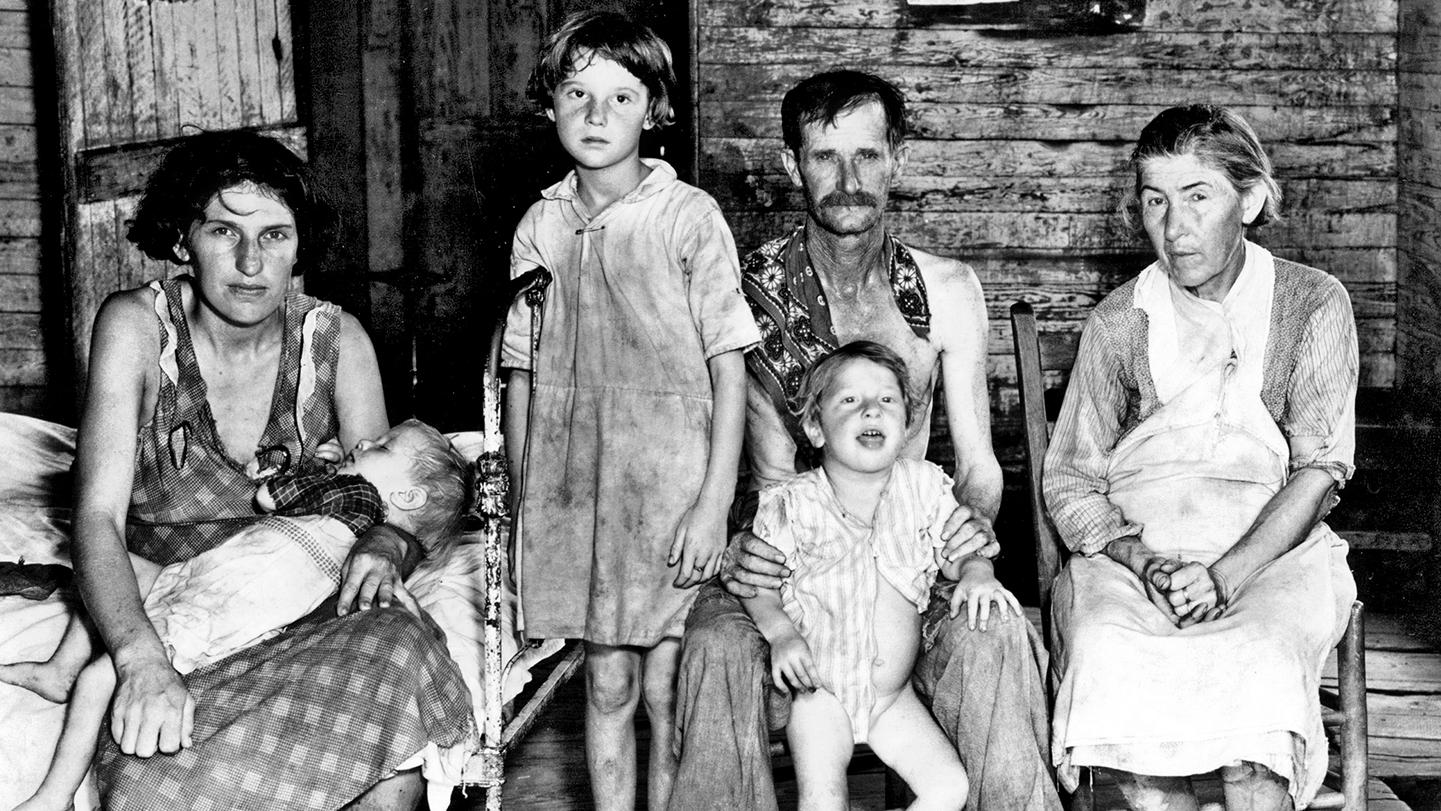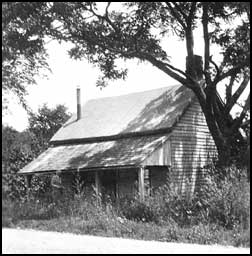
 Hillbilly Elegy is an autobiography designed to expose the cultural issues of working-class white people who live in the Southwestern Ohio / Northeastern Kentucky region, including high unemployment resulting from the demise or relocation of rust-belt industries, alcoholism and drug addiction, very loose moral standards that result in crazy child-rearing situations, and other similar problems that Vance sees as unique to the area.
Hillbilly Elegy is an autobiography designed to expose the cultural issues of working-class white people who live in the Southwestern Ohio / Northeastern Kentucky region, including high unemployment resulting from the demise or relocation of rust-belt industries, alcoholism and drug addiction, very loose moral standards that result in crazy child-rearing situations, and other similar problems that Vance sees as unique to the area.
It’s probably the case that the economic roots of those problems are somewhat unique to the region, but the problems are not. They are – in my experience, at least – a subculture of almost every region of the United States. I am safe in saying that because I’ve lived in Southwest Ohio and visited many of the places Vance talks about, and I’ve lived in many other places where exactly that culture exists.

But Vance’s real point is that people who get motivated can escape such a culture, and his autobiography serves the purpose. There are a few key moments that define his escape route, for example when his grandfather teaches him fundamental arithmetic to show him that learning isn’t so hard and can be fun, or when his cousin convinces him to join the Marines to make himself ready for the wider world of college or when a professor shows him how the social network at Yale works and how to use it to make law school a successful endeavor.
The book is focused on how he churns and uses these and other bits of advice to make himself into a success at whatever he tries. Only late in the book does he take a page or two to describe how this network of mentors and advisors were the real roots of his success.
The bottom line is that Vance is just like anyone else who has at least of modicum of success in their career and/or business life. Education and motivation are, of course, the tickets out of Vance’s Hillbilly life, although as a strong family culture he acknowledges that the Hillbilly family is ultimately inescapable.

As a book, Hillbilly Elegy is not nearly as satisfying as Tara Westover’s escape story,Educated. She is a polished writer, Vance is not, so Westover’s story is easy to follow along its mostly chronological track, whereas the style of Hillbilly Elegy reminds me of the ping-pong ball machines used to draw lottery numbers: Vance loads the machine up with about 500 stories of his life and randomly picks them off one at a time.
The last third of the book is more chronological, perhaps reflecting that by then he has landed on the road to success . . . but as the book points out, it took the efforts of more than J.D. Vance to get him there.
Recent Comments